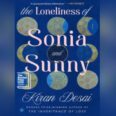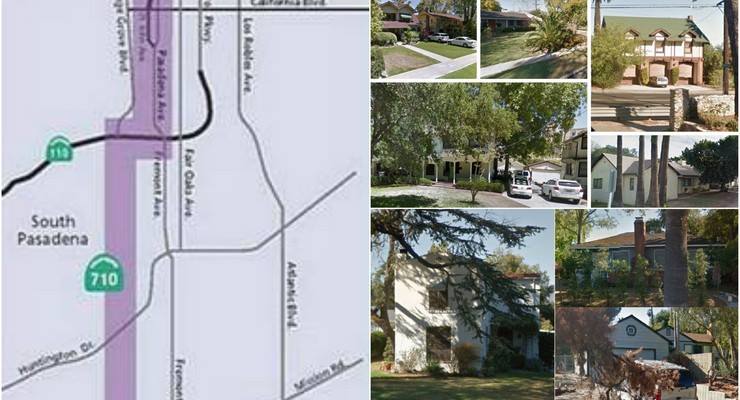As Pasadena is set to celebrate Earth Day locally this Saturday, other cities which have already celebrated the event are already gearing up for next year, which will be the 40th anniversary of the April 22nd celebration. In a new article titled “Green With Compassion,” Pasadena-based Vision.org Editor Gina Stepp explores one of the most important ways everyone can apply good environmental ethics during the next year to meet Earth Day’s 40th celebration with clarity: by treating each other — and the earth — with authentic compassion.
Vision.org is an online magazine with quarterly print issues that feature in-depth coverage of current social issues, religion and the Bible, history, family relationship topics and insights into philosophical, moral and ethical issues in society today.
Essentially a review of a soon-to-be-released book by award-winning author Marc Ian Barasch, “The Compassionate Life: Walking the Path of Kindness,” Stepp’s piece takes Barasch’s call for compassion within human relationships one step further, applying it also to the responsibility of humanity toward the earth.
“The same language we use to describe interpersonal and international conflicts is easily transferable to humanity’s conflict with the earth,” says Stepp. “Certainly, what we do unto the earth, we do unto ourselves. What pierces the earth pierces us. And if the earth suffers, we suffer. Yet we speak arrogantly of ‘conquering’ wilderness, mountains and even space — as though our surroundings were a dangerous enemy rather than a necessary partner to our survival.”
“The fact is, good human relationships are as important as good environmental ethics. If we fail to coordinate our needs with those of our environment, there may be no survivors. In a mortal combat between humans and the earth, there are only two possible outcomes — and in neither are we the victors,” says Stepp. “The earth wins, or no one wins. Cooperation, it appears, is our only option.” But, she notes, compassion for the earth can’t replace compassion for one another — if we maintain the planet but destroy each other, we’re no further ahead. And in fact, human conflict presents tremendous challenges to the earth’s well-being.
“The earth doesn’t recognize the artificial boundaries humankind draws between nations: pollutants travel the world without passports or visas,” writes Stepp. “Yet artificial boundaries at times separate nations whose historic wounds perpetuate a mutual hatred that is hundreds or even thousands of years old. It’s not hard to imagine that fostering the kind of cooperation that could solve regional environmental issues is a tremendous challenge in these areas.”
Stepp’s article highlights the nature of the kind of compassion that is called for. It is not a syrupy-sweet emotion Barusch is touting, but the understanding that what hurts others hurts us. “On the other hand,” she says, “we reap a plentiful harvest of benefits that serve our own interests when we compassionately see to the needs of others.”
Earth Day is an important annual reminder of our connection with the planet, and the environmental ethics required of humanity. But more important than passively looking toward the next big milestone is the question of how we will approach our relationship with the planet in the days that fall between.
What might we be able to celebrate on Earth Day a year from now if Barusch’s call is heeded, both within human relationships and environmental issues? There’s only one way to find out.
Vision.org is an online magazine with quarterly print issues that feature in-depth coverage of current social issues, religion and the Bible, history, family relationship topics and insights into philosophical, moral and ethical issues in society today. For a free subscription to the Vision quarterly magazine, visit their web site at http://www.vision.org.

















